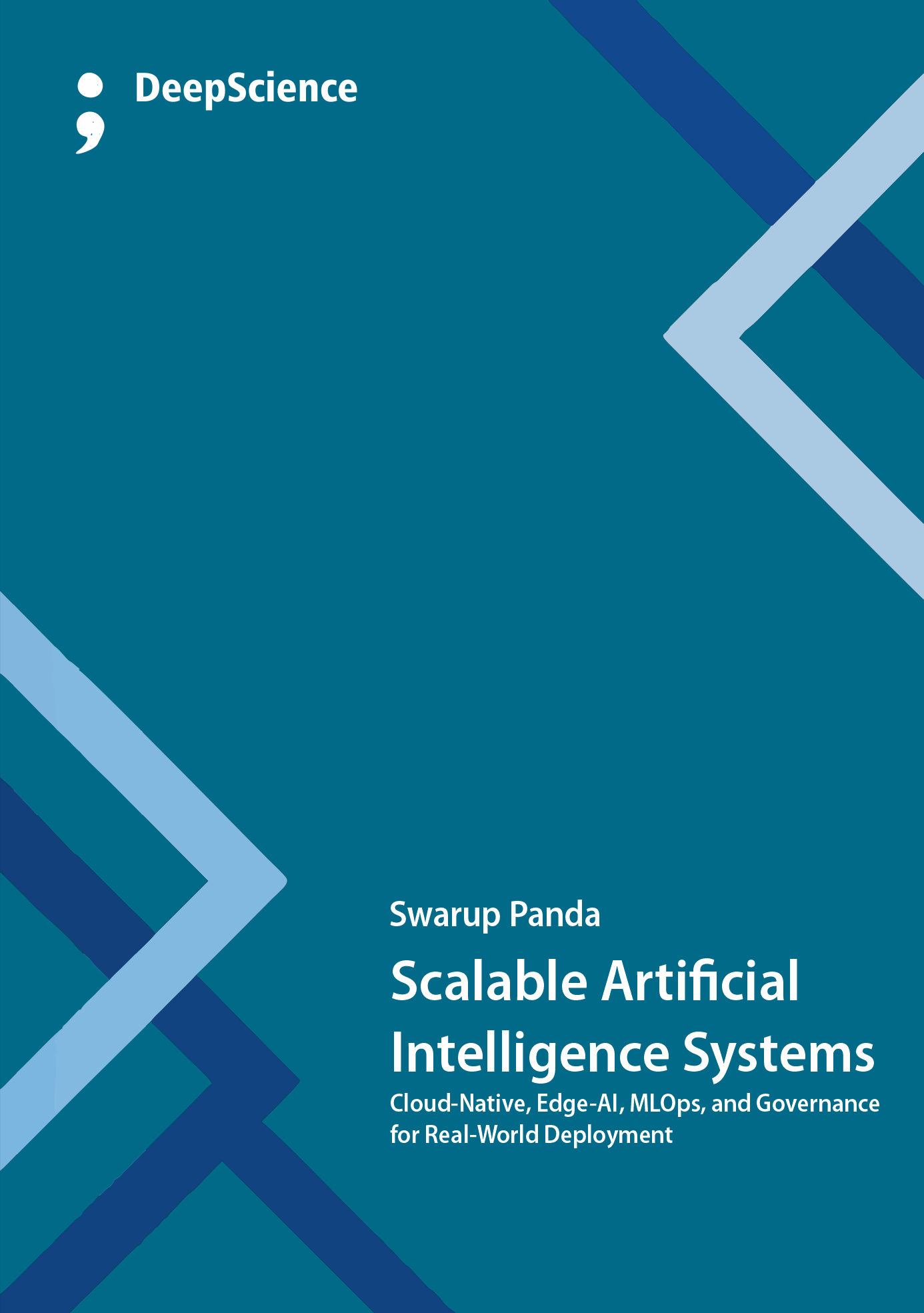MLOps and lifecycle management
Synopsis
Companies today use increasingly more machine learning in their products and services. From recommendation engines to computer vision to natural language processing, the usage of machine learning is exploding. But while the adoption of machine learning continues to grow, deploying and maintaining machine learning systems in production remains painfully challenging [1-3]. Respondents to industry surveys report that deploying machine learning is harder than any other part of the software development lifecycle. The gap between niche research and core business functions threatens to hollow out investment in new ideas: a significant amount is spent on machine learning annually, but a large percentage is not delivering any value [2,4,5]. Firms are spending huge sums on machine learning, but the vast majority of projects are failing. Organizations that successfully implement strong systems to support the MLOps function should be rewarded with vectors of highly leveraged development teams, and a reliable return on their investment in large scale machine learning studies.
The challenges lie on the operations side of the equation. Operationalizing machine learning is different from operationalizing regular software in several profound ways. A machine learning model will need retraining based on changing data distributions — a problem exacerbated by the pace of change of many of the world’s most data-dependent businesses, such as finance, retail, and travel. Machine learning is often user-facing, which introduces concerns from design and performance perspectives that require continuous commitment from the engineering organization. Manufacturing and deploying a piece of machine learning code is not simply an engineering task. Doing this well requires collaboration with data science, engineering, and design — in particular, mobilizing data scientists to work on real products while still allowing them the autonomy they need to find new models and techniques. Why use one framework over another?













